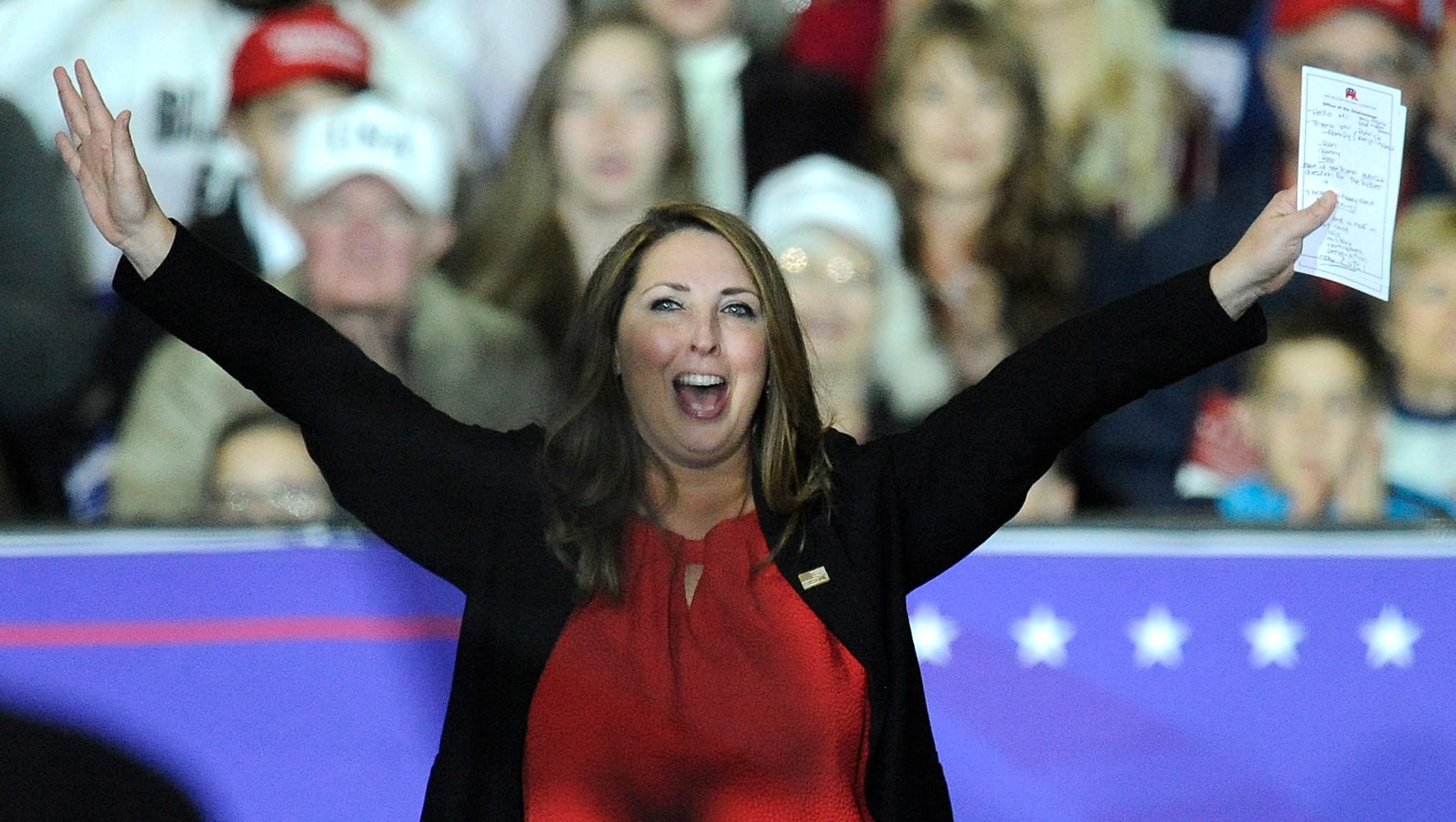Editor's note: Stop censoring conservatives

I get that we’re living in the time of President Trump, which deeply concerns a lot of people.
But does it mean that all conservatives are scary and deserve shunning? Short answer: No.
The largest social media platforms seem to think differently, however, and there are simply too many examples of Twitter and Facebook silencing or burying views they don’t like to brush the censorship off.
The latest example came last week in a report from VICE News, which highlighted how some prominent conservatives were getting “shadow banned” on Twitter. That includes Ronna McDaniel, chairwoman of the Republican National Committee and former chair of the Michigan Republican Party. Following the scrutiny, Twitter seems to have fixed the problem, but it didn’t offer a good explanation for why it was treating these conservatives the same way it limits the visibility of known racists. Key Democratic leaders definitely weren’t getting the cold shoulder.
The shadow banning means searching for McDaniel’s account on the site was next to impossible. Write in her name, and fake accounts would show up but her real account wouldn’t, even though she's verified on Twitter and has more than 80,000 followers. The same thing happened to several GOP congressmen and Donald Trump Jr.’s spokesman. And no doubt, many more.
“Thought police in our social media platforms is a bad thing for our country,” McDaniel said in a recent interview on Fox News. “You can have the right to disagree. You do not have the right to suppress voices and beliefs that do not always coincide with your own, and we are seeing it again and again with conservative voices.”
McDaniel was aware of what was happening on Twitter ahead of the VICE News piece, and she says she had alerted Twitter about it -- but had heard nothing in response.
In May, McDaniel and Brad Parscale, Trump’s 2020 campaign manager, sent a letter to Facebook’s Mark Zuckerberg and Twitter’s Jack Dorsey, laying out their concerns about bias on those platforms.
They wrote: “We recognize that Facebook and Twitter operate in liberal corporate cultures. However, rampant political bias is inappropriate for a widely used public forum. What’s more, the consequences to our democratic society are profound. This is why special attention is necessary to address issues as Facebook’s use of liberal organizations to fact-check content, the access to user profiles it gives to some employees and Twitter’s manipulation of content that appears for the site’s users.”
McDaniel has plenty of company. Michigan U.S. Senate candidate John James felt the sting of Twitter’s censorship when he released his first TV ad in May. In it, James, who is a combat veteran, highlighted his time fighting terrorism in Iraq. The content of the ad was flagged as too “sensitive."
West Michigan Republican state Senate candidate Aric Nesbitt also faced the censorship police in April when Facebook didn’t approve a pretty standard campaign announcement he tried to boost through a paid post.
As Ellie Hockenbury, regional RNC communications director, says: "We need to make sure that liberal voices and conservative voices are all being given a fair shake."
ijacques@detroitnews.com